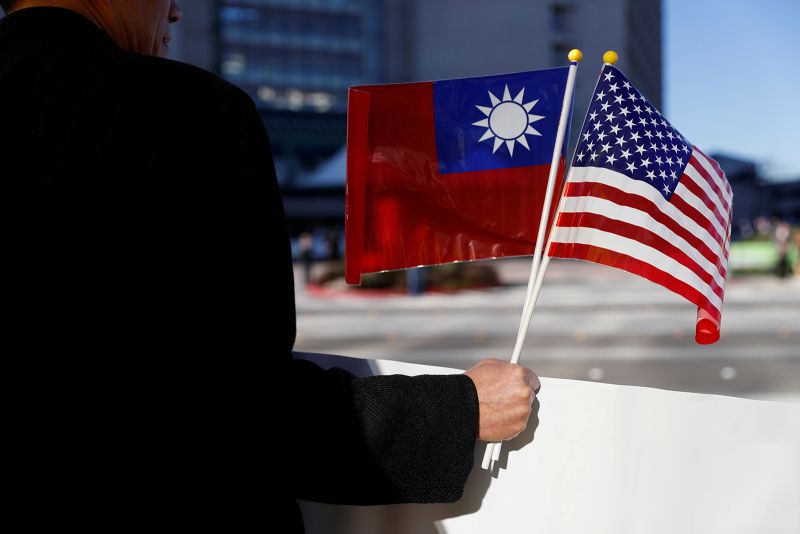The United States has recently greenlighted a comprehensive $2 billion arms package to Taiwan, marking a significant change in the defense diplomacy of the region. This military package includes an advanced missile defense system, accelerating Taiwan’s defense capabilities amid escalating tensions in the South China Sea region. This article will provide an in-depth understanding of the details of the deal, its implications, and the potential geopolitical ramifications.
The backbone of the arms package is the upgraded missile defense system designed to bolster Taiwan’s air defenses. The system comprises advanced sensors, missiles, and software, providing an effective shield that can detect, track, and annihilate incoming threats. The deal will significantly improve Taiwan’s security infrastructure, thereby strengthening its defense capabilities against potential invasions. This arms transfer forms an essential component of the United States’ continued efforts to ensure the peaceful development of the Taiwan Strait area and uphold the ‘One China’ policy.
Beyond missile defense, the arms package also includes naval guns, rapid-fire cannons, and counter-artillery radars, enhancing Taiwan’s capabilities on the ground and at sea. These additional equipment and weaponry are aimed at consolidating Taiwan’s overall security situation, allowing it to navigate tensions with its geopolitical opponents and secure its territories adequately.
This arms sale constitutes a realignment of U.S military strategy in the Asia-Pacific region. The facilitation of this landmark deal is in line with America’s obligation to the Taiwan Relations Act (TRA) of 1979, which ensures the U.S provides the island with the necessary defense materials. However, it also signals a new strategic positioning by the U.S, recognizing the significant geopolitical role that Taiwan plays in the region.
The arms deal has substantial global repercussions. China, a long-standing claimant of Taiwan, has evinced dissatisfaction and have strongly condemned the U.S and Taiwan’s decision. This act is a deviation from the traditional U.S diplomatic stance, adding a new dimension to the tripartite U.S, Taiwan, China diplomatic relations.
Nevertheless, the United States remains committed to maintaining peace and security in the region. The Defense Security Cooperation Agency (DSCA), which oversees foreign military sales, emphasizes that this sale neither alters the basic military balance in the area nor breaches the Taiwan Relations Act. It aims to provide Taiwan with a modern, credible defensive capability to maintain a robust defense posture.
The approval of the $2 billion arms sale to Taiwan, therefore, marks an important chapter in the defense diplomacy of the Asia-Pacific region. This development will be critical in equipping Taiwan with the capability to manage its defense effectively, underpinning U.S. ongoing commitment to regional stability and defense cooperation.




